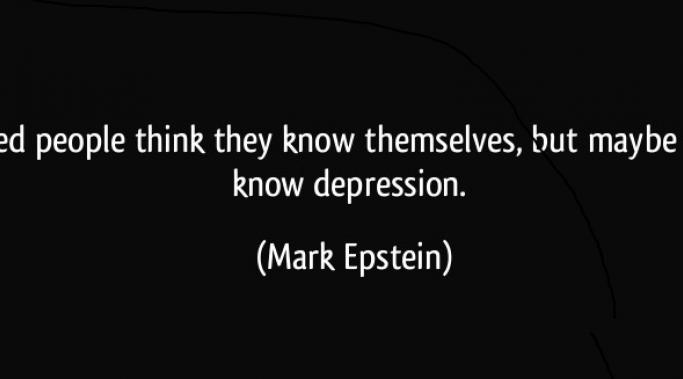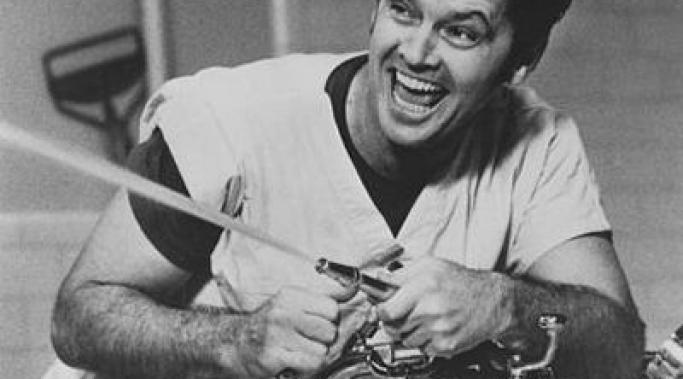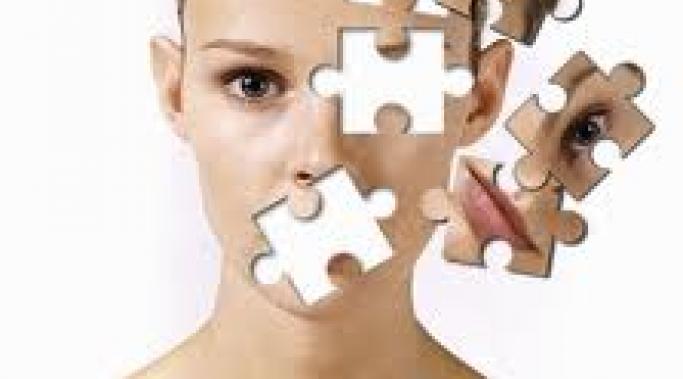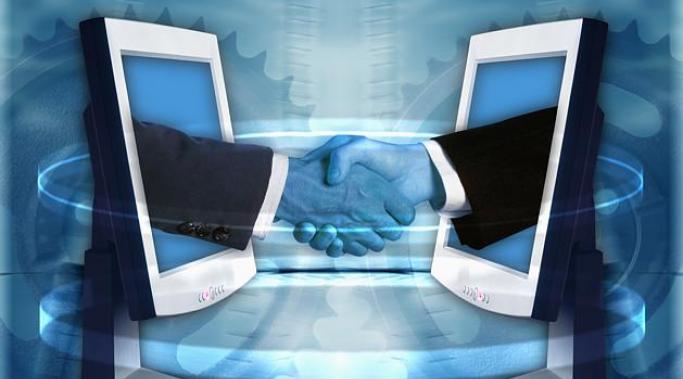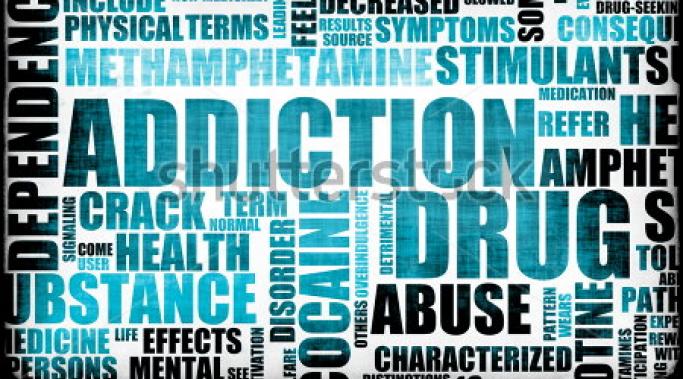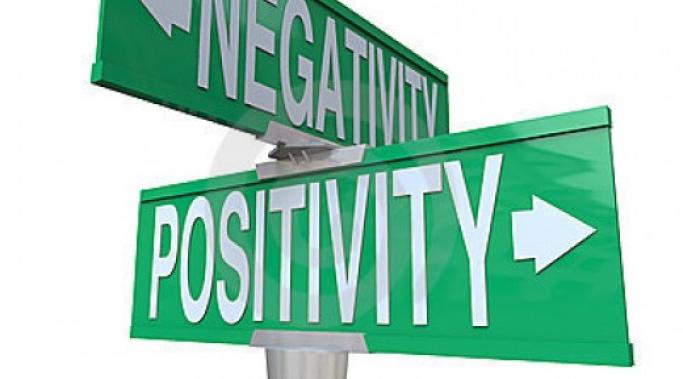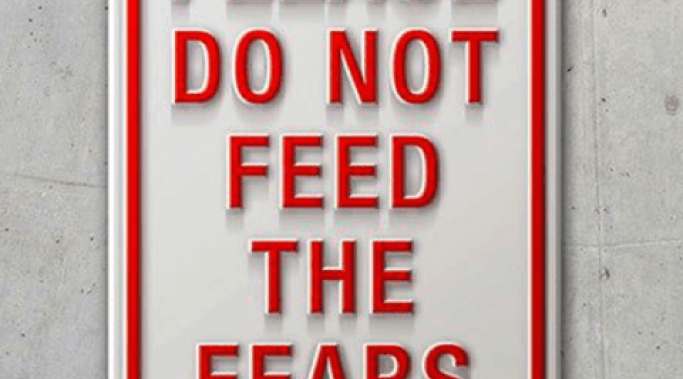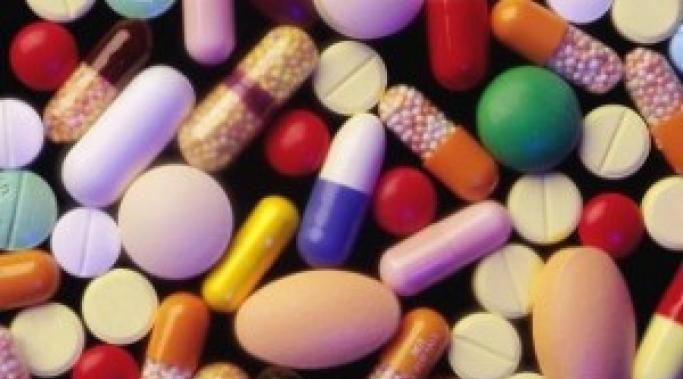In this age of awareness and enlightenment, mental health awareness still generates a great deal of ignorance. Sometimes, even well-meaning statements perpetuate stigma, even on sites that seek to eradicate said stigma. Recently, the poster below came across my news feed from several mental health and depression pages. The depression quote is attributed to Mark Epstein, an American psychologist. While Mr. Epstein's credentials seemingly qualify him to speak knowledgeably on the subject, I do strenuously disagree with this quote's assertion.
Embracing Mental Health Recovery
Can adding mantras to your self-care routine help with your mental health recovery? For many, the answer is yes. Mantras help us change our thought processes. Changing our thoughts gives us the ability to become more resilient, to change the way our brain neurons fire and to choose to move forward. Science agrees. In a 2009 study, Italian physicians studied the effect on the cardiovascular system of reciting the Ave Maria, the rosary or a yogic mantra. The result: Prayer and mantras increased cardiovascular function when recited six times a minute.1
When typing the title of this blog, I immediately picture Jack Nicholson's character in One Flew Over the Cuckoo's Nest. The 'crazy' one locked inside the 50's-inspired psychiatric hospital. The character considered less crazy than the rest of the patients. But I'm pretty sure his character---based on the glorious book of the same name---probably thought he was sane. Sort of like how I think I'm stable when I can't move from bed.
Side-Note: Yes, that's a brilliant-in-my-humble-opinion image from the film below.
First, an Apology. . .
I know--I know--the title of this blog, the entire premise of it, is based on recovering from mental illness. But it is not titled anything along the lines of "How I Recovered From Mental Illness!" So, is full recovery from chronic mental illness possible?
I would bet my prized record collection that if you live with a mental illness you have heard those words. Probably more than once. Probably more times than you care to recall. But stick with me on this one and keep reading. . .
I am certain that my grandfather-diagnosed with bipolar disorder in his early twenties-was not affected by technology. He was probably not bombarded by an onslaught of information available at our fingertips. This poses the question: How does rapidly evolving technology influence our mental health recovery?
Initially, the title of this blog was "A Recipe For Disaster..." But I used to really (stress this) enjoy a few cocktails. Or an entire bottle of cocktail mix. And that nearly killed me.
That aside, in this blog I want to focus on why those living with mental illness may abuse substances, what some of these substances are, and the impact this can have when we are working to recover from mental illness.
Why Might People With Mental Illness Abuse Substances?
Let's do the math: mental illness = positivity. Right? Well, usually not, but it works in our favor to try to find positive aspects when recovering from mental illness. I'm going to break this down into the three stages of recovery we all go through.
The title of this blog implies that I will be focusing on people in our lives who--for the most part--do not live with a mental illness. These people like to give us advice on what medications we need to take or tell us we don't need to take medication at all. It's confusing and, frankly, a real piss off.
I remember the first time I was told I had bipolar disorder. I was twelve years old and confused. I was further baffled when my psychiatrist told me I would need to start taking psychiatric medication. I asked her what kind. I was certain that one pill--similar to the vitamins ground in my cereal each morning when I refused to swallow them--would be the same. I was told, in no uncertain terms, that it would be wonderful (!) if the first bipolar medication worked. Of course, it did not, and it does not for most of us.
